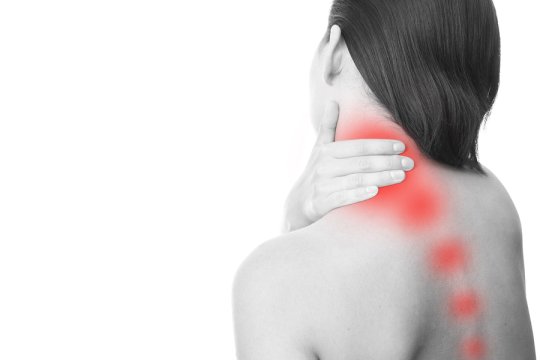What Causes Scoliosis?

Scoliosis is a condition in which the spine curves in an S shape. For some patients, scoliosis is mild and causes few, if any, symptoms. Other patients struggle with back pain and deformities that require treatment. There are several different types of scoliosis, each with its own cause. Continue reading to find out more about the different types and their causes.
Idiopathic Scoliosis
Idiopathic scoliosis is the most common form of the condition, and as the name suggests, the cause is unknown. However, while doctors have not identified a clear cause for this type of disease, there are clues that it could be genetic in nature, as it usually runs in families. Idiopathic scoliosis is usually diagnosed during adolescence during a pediatric screening. In some cases, parents may notice the signs of idiopathic scolioses, such as one shoulder or hip appearing higher than the other. Diagnosing idiopathic scoliosis early makes treatment easier. When it becomes advanced, spine surgery may be needed.
Degenerative Scoliosis
This type of scoliosis is most commonly seen in adults. It can occur after major back surgery or as the result of an illness or injury. People with osteoporosis are especially vulnerable to degenerative scoliosis. Pain is minimal in some patients, but it can become intense. When the back pain is severe, spine surgery, such as lumbar fusion, may provide relief.
Neuromuscular Scoliosis
Neuromuscular scoliosis often occurs in people with spina bifida, cerebral palsy, or other conditions that affect the muscles or nerves. Bracing and other non-invasive treatments are less likely to be effective for this type of scoliosis. Treatment may include surgery and the use of a wheelchair to improve mobility.
At the Spine Institute of Nevada, our spine surgeon provides expert care to scoliosis sufferers of all ages. Visit our spine doctor near Las Vegas to learn about your treatment options, including minimally invasive spine surgery. To make an appointment, contact us at 702-239-3787.
